Rooftop Solar
Get low-cost clean energy while reducing your carbon footprint with rooftop solar panels. When you pair solar with an energy storage system you can increase your comfort and safety during power outages and further reduce the cost of your electric bill.
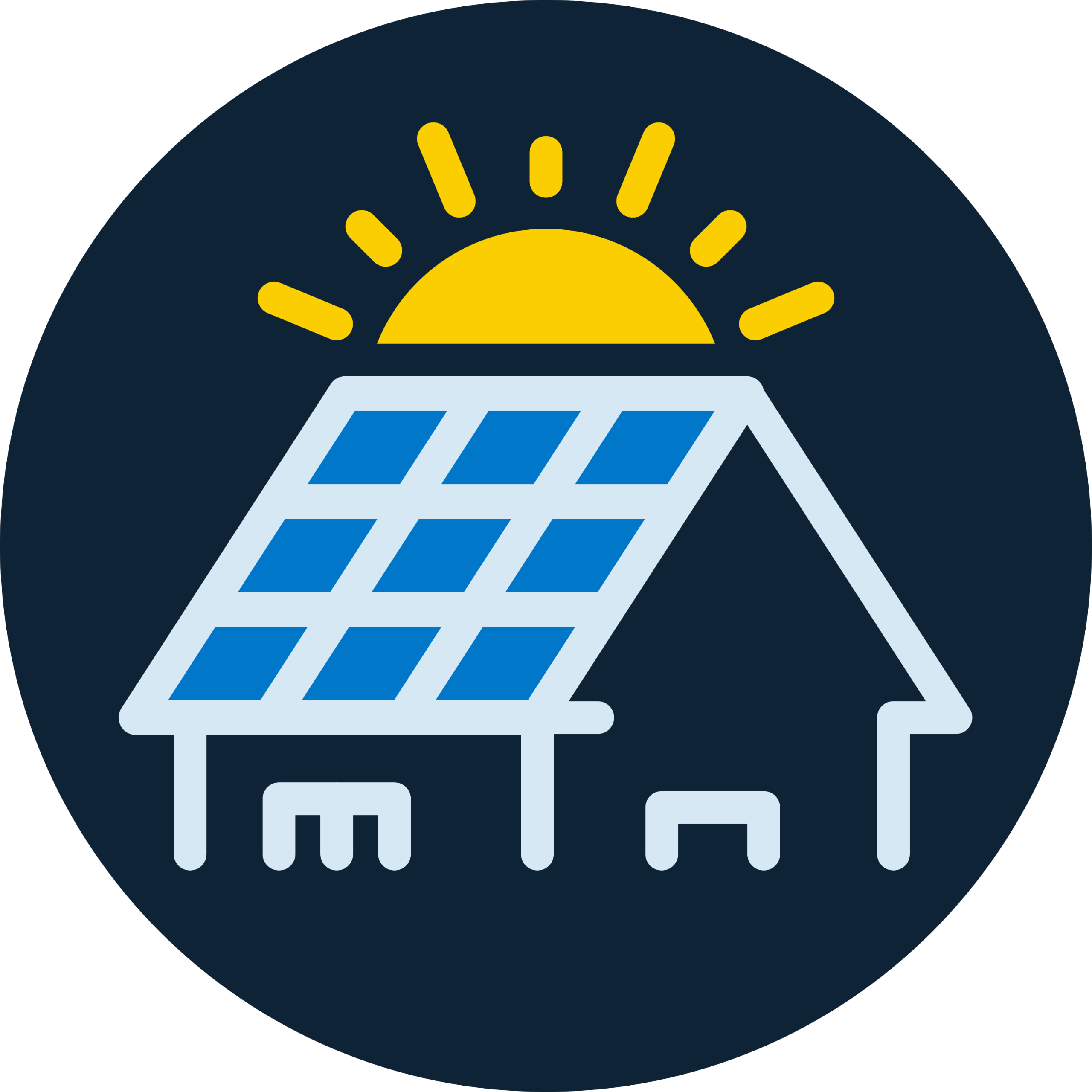
Did you know?
Solar panels can help protect your roof from weather, sunlight, and other natural damage.
Learn More about Rooftop Solar
Dollars & Sense
- Incentives: NY-Sun helps you save money on your solar installation.
- Federal tax credits: Cover 30% of the cost for your project.
- Low-interest loans: Get loans starting at 4% to help finance your solar project.
- State tax credits: Get 25% NY State tax credits up to $5,000.
- Lower your energy bills with solar energy generated from your panels.
Benefits & Considerations
- Savings: Lower your monthly energy bills with credits for the solar energy you produce.
- Protection: Protect your roof from natural damage like weather and sunlight.
- Cleaner: Get your energy from a cleaner source instead of burning fossil fuels like oil, propane, or natural gas.
Questions for Your Contractor
- Is my home ready for solar?
- Is my roof and the position of my house right for solar panels?
- How many panels will I need?
- How do I maintain my solar panels, and how long will they last?
- What can I do to extend the lifespan of the panels?
- Who services my panels if they need it? What happens if they (or you) go out of business?
- What payment options do you offer?
- What warranty or guarantee do you provide for your work?
- What should I do if I have an issue with my panels once they are installed?
- Can you please provide references?
Frequently Asked Questions
What roofs do solar panels work best on?
Solar panels work best when installed on a sunny south-facing roof with little to no shade and no more than two layers of shingles. Work with your solar contractor to determine how you should move forward with solar even if your roof does not meet these criteria. Any roof with visible damage should be avoided or repaired.
Pro tip: If you’re building a new home, work with your builders to design a roof that can help you optimize your solar energy.
If I have solar panels, will I have power during a blackout?
If you have solar panels without a battery that is connected to your utility, your system will not work during a power outage. You can add an energy storage system to power your important electricity needs during an outage.
Can I get paid for my solar energy?
Electric utilities will credit your bill for the power your panels generate. You’ll only pay for electricity if you use more than your panels create during the month. Any additional electricity your panels make in each month will become a credit on your next electric bill.
How long will my solar panels last?
You can expect your solar panels to last approximately 20 to 25 years. Before you go solar, we recommend you talk to your contractor for tips on how to take care of your panels to extend the lifespan of your system, as well as who to contact should you ever need service.
Inflation Reduction Act
Learn how federal tax credits and rebates make this the best time to get solar panels.
Project Sunroof
Get a personalized solar savings estimate powered by Google Earth imagery.
Energy Bill Example
See how solar can help you save on energy bills, and what to look for.
NY-Sun
Save money and energy with financing, rebates, and resources to install solar.
Where Solar Fits in Your Path to a Clean, Efficient, and Comfier Home
Rooftop solar lets you power your upgraded home with renewable energy from the sun. Make the most of your upgrades when you start by preparing your home, then explore cleaner, more efficient options.
Get Your Home Ready
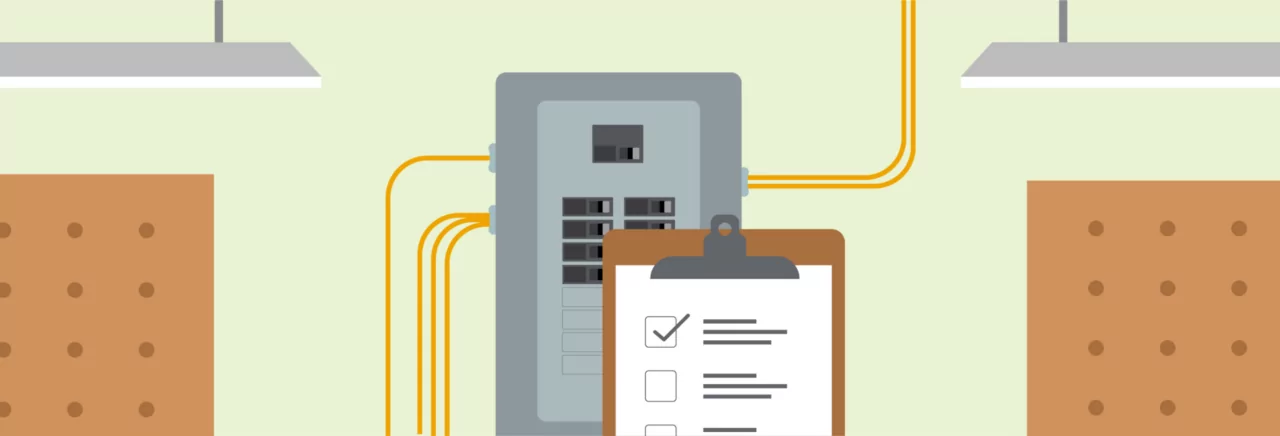
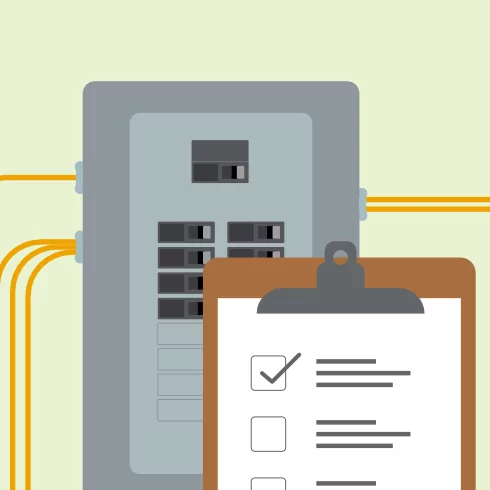
Choose Electric Appliances & Equipment
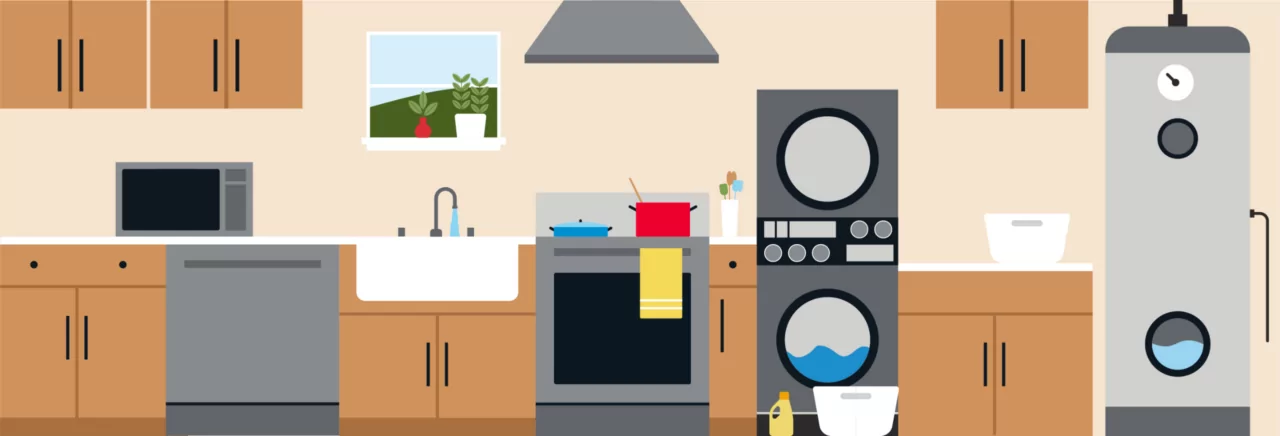
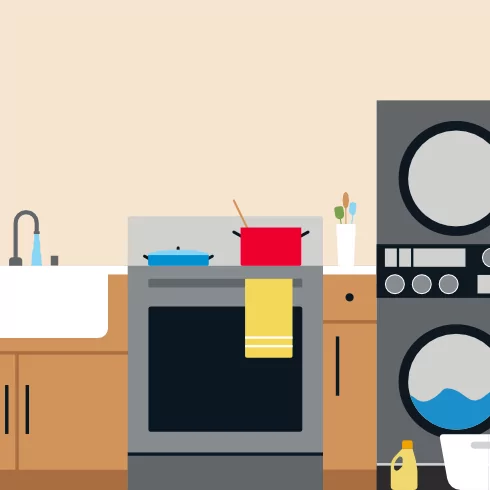
Drive Electric & Go Solar
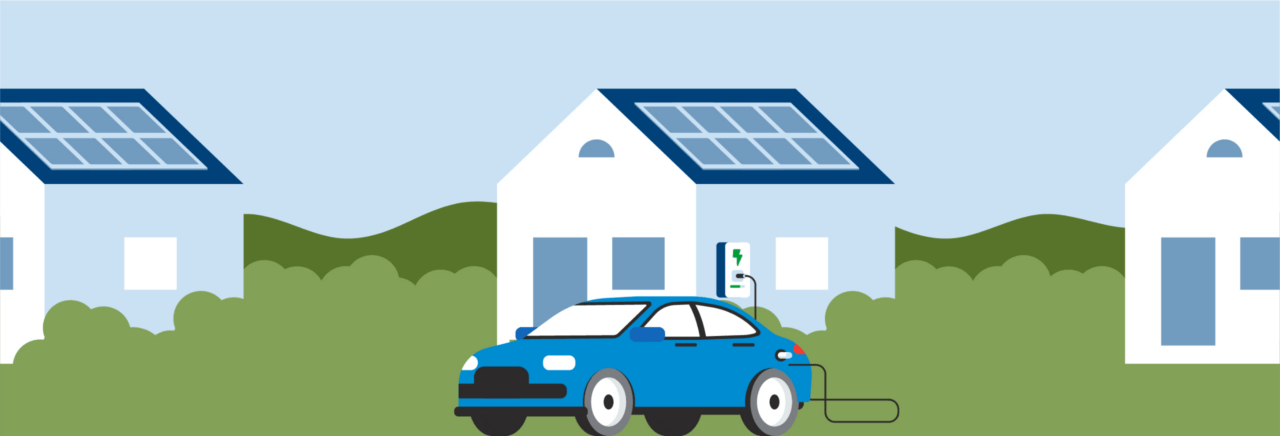
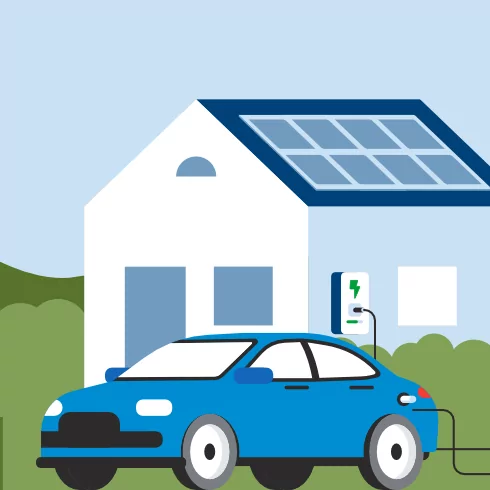
Get Started with a Free Home Energy Assessment
Before you go solar, start with a no-cost home energy assessment. You’ll work with a NYSERDA participating contractor to find all of the hidden places your home is wasting energy, then get financial incentives to help pay for fixing it.
Building a new home? Ask your contractor about energy-efficient design options.
